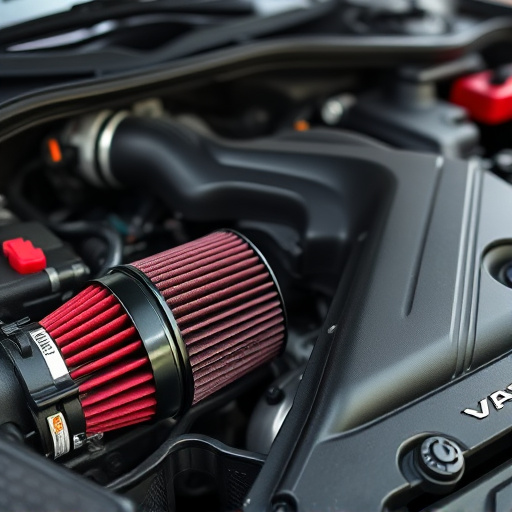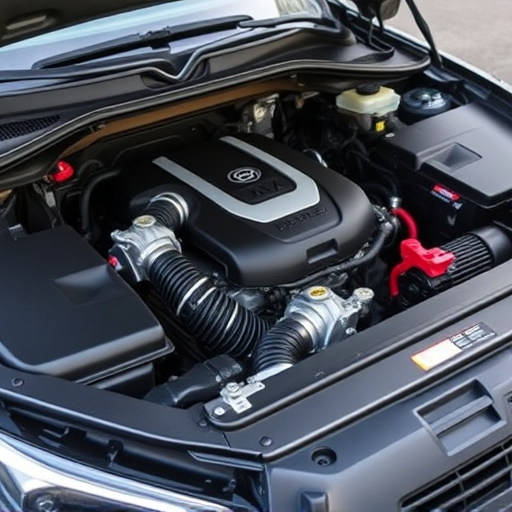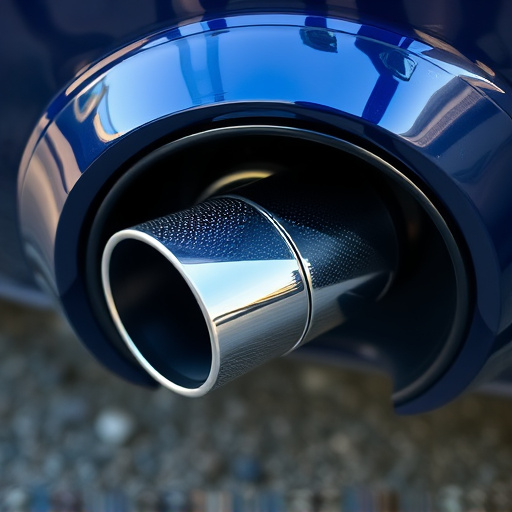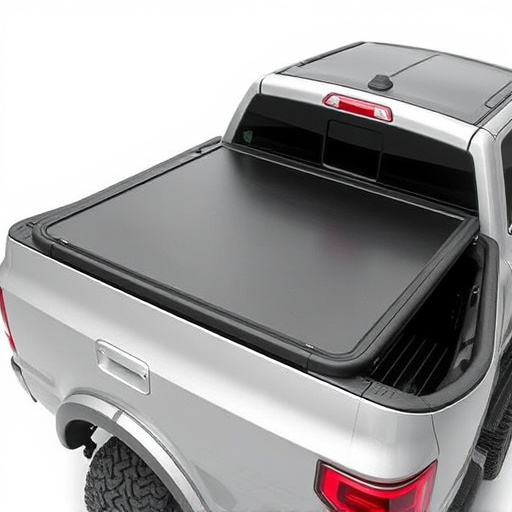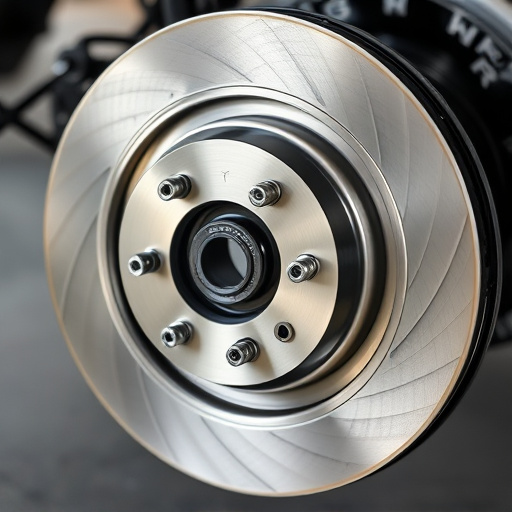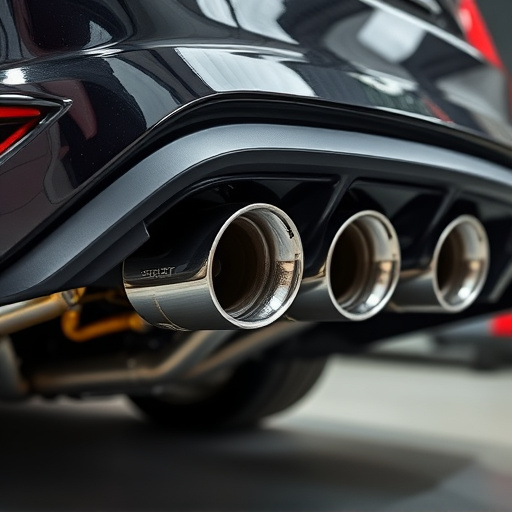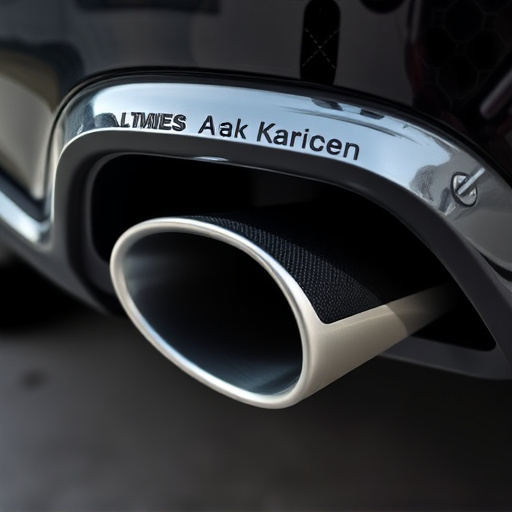Dry climates stress vehicle components due to low humidity and high pollution levels. Dry air filters mitigate these issues by providing moistened air to engines, reducing wear on brakes and intake systems. In hot environments, they outperform traditional wet filters by preventing dust buildup, optimizing combustion, and improving engine efficiency. Select high-quality dry air filters compatible with your vehicle for optimal performance in arid or subtropical climates.
In regions characterized by hot and dry climates, understanding the impact of air quality is paramount. This article explores the ideal solution: dry air filters. We delve into how these filters mitigate the unique challenges posed by arid environments, enhancing indoor comfort. By examining their advantages and choosing the right models for optimal performance, readers will discover how dry air filters revolutionize living in such conditions.
- Understanding Dry Climates and Their Impact on Air Quality
- Advantages of Using Dry Air Filters in Hot Environments
- Choosing the Right Dry Air Filter for Optimal Performance
Understanding Dry Climates and Their Impact on Air Quality
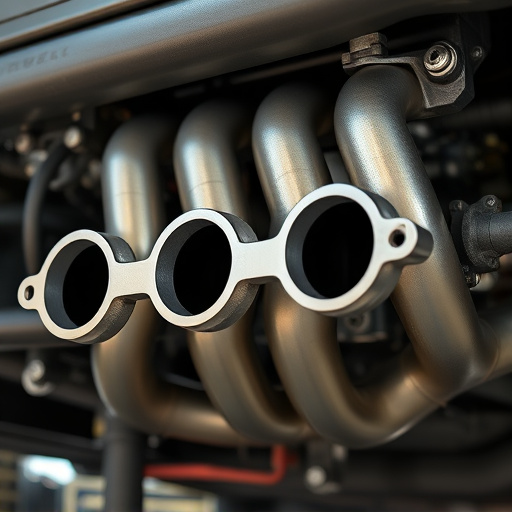
Dry climates are characterized by low humidity levels and minimal precipitation, making them distinct from humid or temperate environments. This unique atmospheric condition has a significant impact on air quality, often leading to increased concentration of pollutants and particles in the air. In such regions, various natural processes are altered; for instance, there’s reduced evaporation of water from plants and soils, which can result in lower overall moisture content in the atmosphere.
The impact on vehicle performance and maintenance is notable. In hot and dry climates, vehicles experience accelerated wear on certain components, particularly brake and intake parts, due to the heat and lack of lubrication from moisture. A dry air filter, designed to capture particulate matter and pollutants, becomes an invaluable tool. By ensuring cleaner and moistened air enters the engine, it not only enhances vehicle performance but also reduces the strain on other critical components, ultimately contributing to a more sustainable driving experience.
Advantages of Using Dry Air Filters in Hot Environments
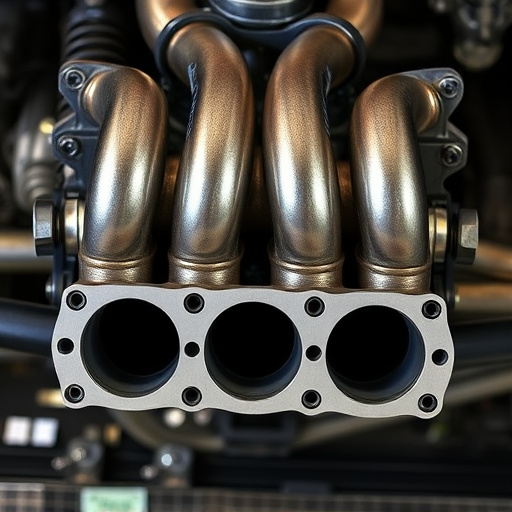
Using dry air filters in hot environments offers several advantages that can significantly impact vehicle performance and overall efficiency. In regions characterized by high temperatures and low humidity, such as arid deserts or subtropical climates, traditional wet air filters can become less effective due to rapid evaporation of moisture. This leads to a buildup of dust and debris within the filter, restricting airflow and potentially damaging crucial intake components. Dry air filters, however, are designed to withstand these conditions without the need for excessive moisture. Their robust construction ensures minimal clogging, allowing unrestricted airflow through the vehicle’s engine, thereby enhancing overall performance.
Moreover, dry air filters contribute to reduced wear on exhaust mufflers, which can be prone to damage in hot environments due to increased heat and pressure from rapid combustion. By maintaining a steady supply of clean air, these filters optimize the combustion process, leading to improved vehicle performance and potentially longer lifespans for critical engine parts. This is particularly beneficial for those living in hot and dry climates where regular filter maintenance can be challenging, making dry air filters a practical and efficient solution.
Choosing the Right Dry Air Filter for Optimal Performance
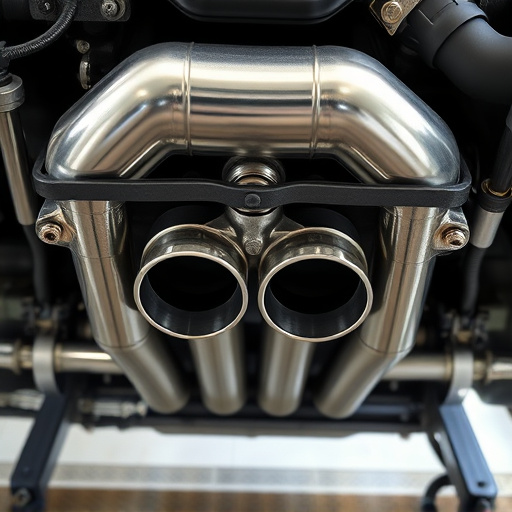
When selecting a dry air filter for hot and dry climates, it’s crucial to consider factors that ensure optimal performance. The right filter should be designed to withstand harsh environmental conditions while efficiently trapping dust, dirt, and other contaminants common in arid environments. Look for high-quality materials that can maintain their integrity over time, preventing premature clogging or degradation.
Additionally, choose a dry air filter compatible with your vehicle’s specific needs. Factors such as the make and model of your vehicle, along with any existing suspension components or cold air intakes, should be taken into account. Performance air filters, for instance, offer enhanced airflow and efficiency, making them suitable for high-performance vehicles or those requiring increased engine cooling in hot climates.
In hot and dry climates, maintaining optimal air quality is essential for health and comfort. The right choice of a dry air filter can significantly improve indoor air purity by effectively capturing pollutants like dust, allergens, and even mold spores. By understanding the specific challenges of these environments and selecting the ideal dry air filter, homeowners and businesses alike can breathe easier year-round.








